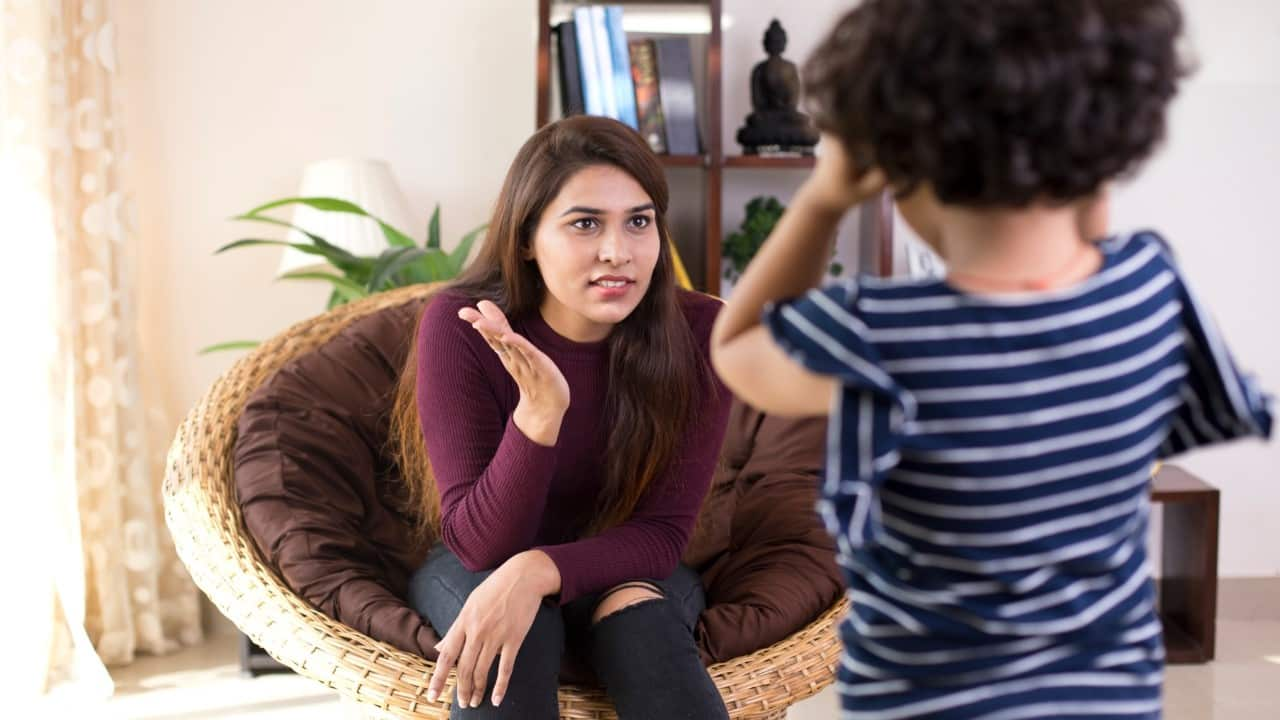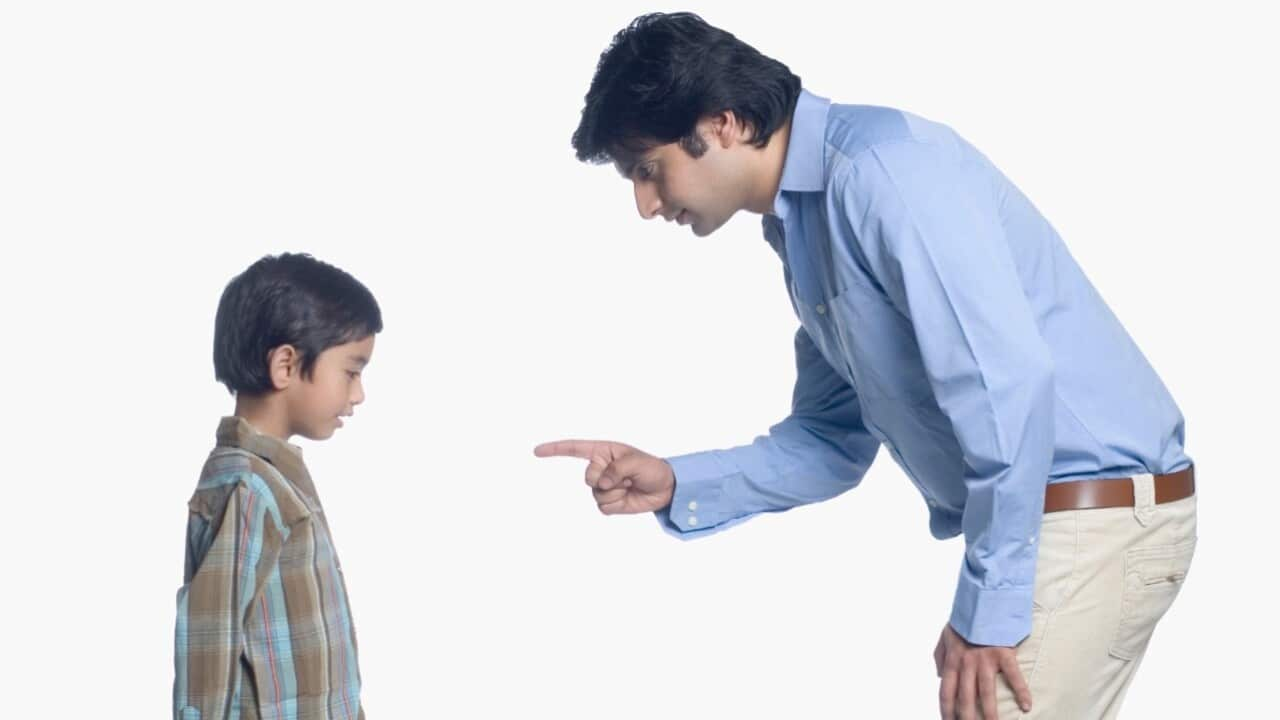Highlights
- Monitoring all your child's moves and interfering with them is 'helicopter parenting'
- 'This can harm your child's mental development and confidence,' says Melbourne paediatrician Dr Raj Khillan
- Letting children make decisions freely, involving them in household work and physical exercise can relieve the stress around VCE exams
If you make all decisions for your children, decide their friends, monitor their playing habits, dictate their study patterns, then chances are you may be a helicopter parent, who constantly hovers over children’s heads.
Many parents tend to monitor and ‘correct’ every move their children make. While they may think this is their way of expressing love, concern, and responsibility towards their offspring, experts think this is what parents must avoid if they truly love their children.
“We see parents, mostly in the South Asian community – like Indian, Pakistani, Bangladeshi etc – watch over their children as much as humanly possible. Many parents of Caucasian backgrounds - like of Greek descent - also do the same. This must be stopped as soon as possible,” says Dr Raj Khillan, a Melbourne-based paediatrician. Dr Khillan warns this is likely to impact a child’s mental development, as the child’s mental growth will not sync with his physical growth.
Dr Khillan warns this is likely to impact a child’s mental development, as the child’s mental growth will not sync with his physical growth.

Picture for representational purpose only. Source: Getty Images/Triloks
“Life will never be the bed of roses that helicopter parents want to provide to their children. Children must be given the freedom to make their own choices and be allowed to make mistakes so that they are wiser by experience,” advises Dr Khillan.
However, Dr Khillan expects many parents from the Indian community to disagree with his advice on helicopter parenting.
He suggests that parents from the South Asian community should ask themselves a simple question: do we let our children go to their friends’ place for a sleepover?
“A sleepover is a crash-course for growing children in independence, responsibility, and exhibiting good manners outside the watch or guidance of their parents. It teaches children how to present themselves in someone’s house and conduct themselves when they don’t have their parents to fall back upon,” he explains.
Adding perspective to a recent story done by SBS Punjabi on the stress being felt by Year 11 and 12 students, as well as their parents and teachers in the current coronavirus climate, Dr Khillan advises that VCE is “just the start of life’s bigger tests”.
“I’m shocked to see my young patients who are preparing for VCE exams. Some of them take such serious stress that they face breathing difficulties or experience palpitations, for which I have had to put them on medication,” he observes. Dr Khillan advises such students and their parents to exercise or play a sport to overcome the stress and do household work together to make children independent.
Dr Khillan advises such students and their parents to exercise or play a sport to overcome the stress and do household work together to make children independent.

Source: SBS
“Physical workout releases endorphins which are also known as the ‘feel-good’ hormones. They relax us from within. Parents should involve their children in cooking, cleaning, or gardening as that keeps the family distracted from stressful thoughts, cements their bond and most significantly, trains children in life skills. Mum or dad are not going to cook or clean for them all their life. This helps their healthy mental growth,” Dr Khillan advises.
Listen to the podcast in Punjabi by clicking on the player inside the picture at the top of the page.
People in Australia must stay at least 1.5 metres away from others. Check your state’s restrictions on gathering limits.
If you are experiencing cold or flu symptoms, stay home and arrange a test by calling your doctor or contact the Coronavirus Health Information Hotline on 1800 020 080.







